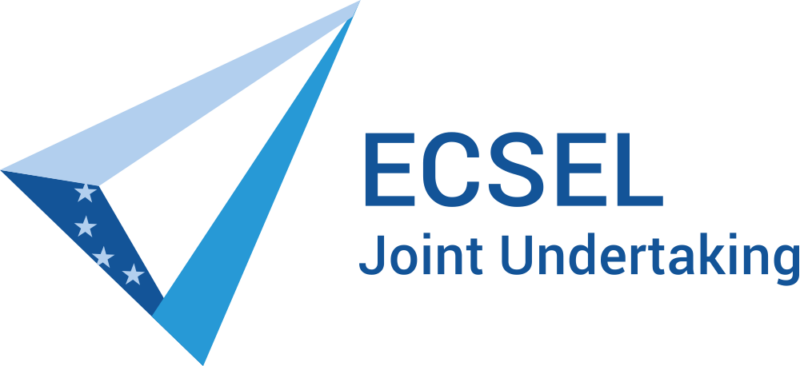Automotive Intelligence Embedded in Electric Connected Autonomous and Shared Vehicles Technology for Sustainable Green Mobility
Ovidiu Vermesan, Reiner John, Patrick Pype, Gerardo Daalderop, Kai Kriegel, Gerhard Mitic, Vincent Lorentz, Roy Bahr, Hans Erik Sand, Steffen Bockrath and Stefan Waldhör
Abstract: The automotive sector digitalization accelerates the technology convergence of perception, computing processing, connectivity, propulsion, and data fusion for electric connected autonomous and shared (ECAS) vehicles. This brings cutting-edge computing paradigms with embedded cognitive capabilities into vehicle domains and data infrastructure to provide holistic intrinsic and extrinsic intelligence for new mobility applications.
Digital technologies are a significant enabler in achieving the sustainability goals of the green transformation of the mobility and transportation sectors. Innovation occurs predominantly in ECAS vehicles’ architecture, operations, intelligent functions, and automotive digital infrastructure. The traditional ownership model is moving toward multimodal and shared mobility services. The ECAS vehicle’s technology allows for the development of virtual automotive functions that run on shared hardware platforms with data unlocking value, and for introducing new, shared computing-based automotive features. Facilitating vehicle automation, vehicle electrification, vehicle-to-everything (V2X) communication is accomplished by the convergence of artificial intelligence (AI), cellular/wireless connectivity, edge computing, the Internet of things (IoT), the Internet of intelligent things (IoIT), digital twins (DTs), virtual/augmented reality (VR/AR) and distributed ledger technologies (DLTs). Vehicles become more intelligent, connected, functioning as edge micro servers on wheels, powered by sensors/actuators, hardware (HW), software (SW) and smart virtual functions that are integrated into the digital infrastructure. Electrification, automation, connectivity, digitalization, decarbonization, decentralization, and standardization are the main drivers that unlock intelligent vehicles' potential for sustainable green mobility applications. ECAS vehicles act as autonomous agents using swarm intelligence to communicate and exchange information, either directly or indirectly, with each other and the infrastructure, accessing independent services such as energy, high-definition maps, routes, infrastructure information, traffic lights, tolls, parking (micropayments), and finding emergent/intelligent solutions. The article gives an overview of the advances in AI technologies and applications to realize intelligent functions and optimize vehicle performance, control, and decision-making for future ECAS vehicles to support the acceleration of deployment in various mobility scenarios.
ECAS vehicles, systems, sub-systems, and components are subjected to stringent regulatory frameworks, which set rigorous requirements for autonomous vehicles. An in-depth assessment of existing standards, regulations, and laws, including a thorough gap analysis, is required. Global guidelines must be provided on how to fulfill the requirements. ECAS vehicle technology trustworthiness, including AI-based HW/SW and algorithms, is necessary for developing ECAS systems across the entire automotive ecosystem. The safety and transparency of AI-based technology and the explainability of the purpose, use, benefits, and limitations of AI systems are critical for fulfilling trustworthiness requirements. The article presents ECAS vehicles’ evolution toward domain controller, zonal vehicle, and federated vehicle/edge/cloud-centric based on distributed intelligence in the vehicle and infrastructure level architectures and the role of AI techniques and methods to implement the different autonomous driving and optimization functions for sustainable green mobility.




